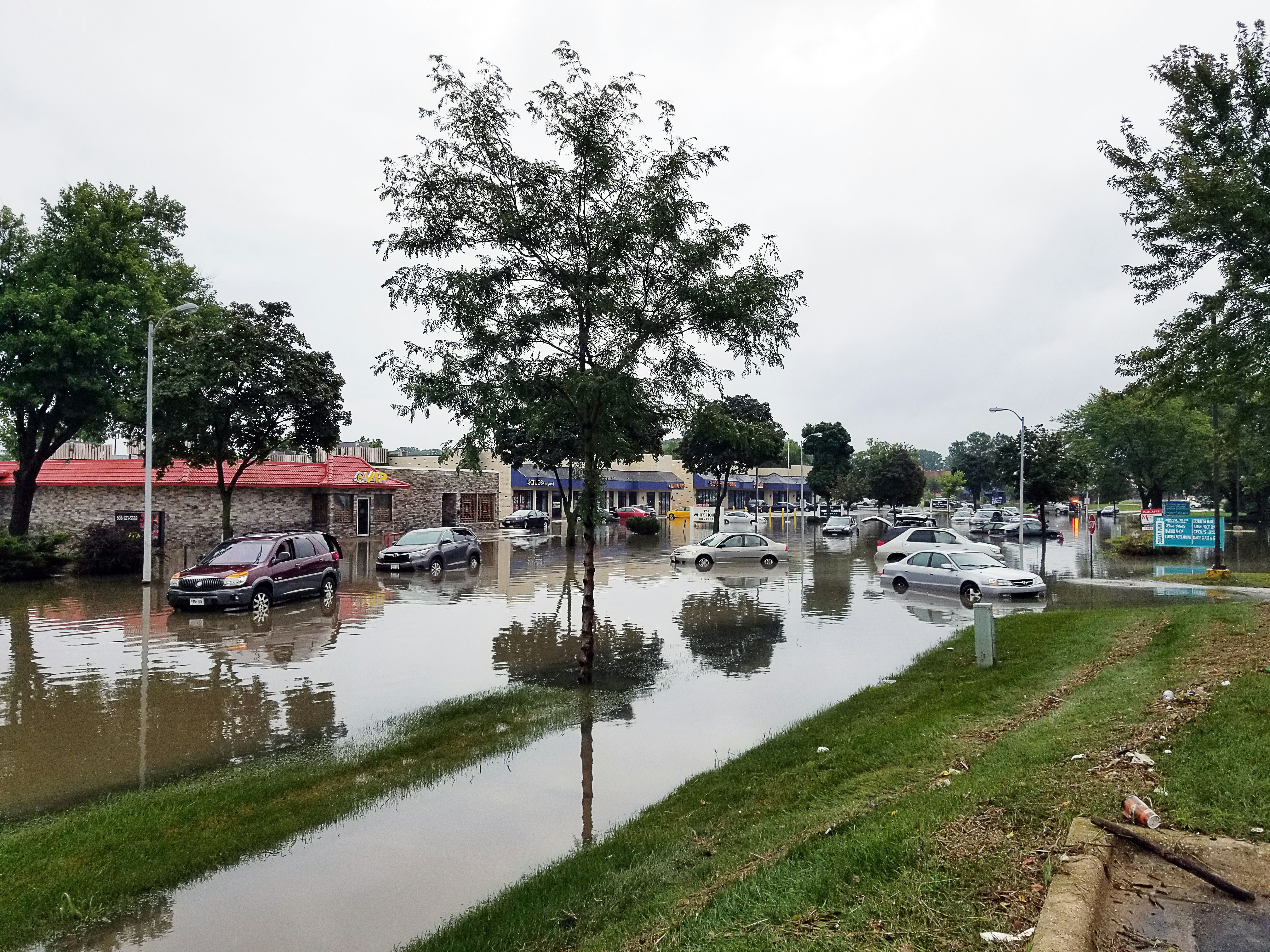
Last updated: November 30, 2020
Some businesses close during the Christmas-New Year holiday period. Usually employees will be paid annual leave during this time as part of an annual close down, but how should the employees on unpaid leave be paid for the public holidays that occur during this period?
How do employees usually get paid for public holidays?
Under the Fair Work Act, an employee (other than a casual employee) is entitled to be absent from work on a day that is a public holiday and to be paid their base rate of pay for the ordinary hours they would have worked if they had not been away.
Usually an employee will not be paid for a public holiday if they don’t normally work on the day that the public holiday falls.
For example, a part-time employee who does not normally work on Friday’s will not be paid for the Christmas Day or New Year’s Day public holidays this year as they both fall on a Friday.
There are some awards that provide an additional entitlement for full-time employees to be paid either an extra day’s pay, or be provided with an alternative day off, or receive an additional day’s annual leave, if a public holiday falls on a day that they do not usually work (except weekends).
For advice on the specific award that applies to your workers, please call the Ai Group Workplace Advice Line.
Public holidays during leave
If a public holiday occurs while an employee is on leave, their entitlement to be paid for the day depends on whether they are taking paid leave or unpaid leave.
Paid leave and public holidays
If a public holiday falls during a period of paid leave (such as annual leave) the employee must be paid for the public holiday if they would ordinarily have worked on that day. This includes any hours that fall on a part-day public holiday, which occurs in some states/territories.
The public holiday will not be counted as annual leave. This means that the public holiday hours will not be deducted from the employee’s amount of accrued leave.
Example: Public holidays during a period of annual leave
Zoe is a full-time employee that usually works Monday to Friday. She has applied to take annual leave from Monday 21 December 2020 until Friday 1 January 2021. She will come back to work on Monday 4 January 2021.
There are 3 public holidays that occur in this period:
- Friday 25 December 2020 – Christmas Day
- Monday 28 December 2020 – Boxing Day*
- Friday 1 January 2021 – New Year’s Day
Zoe will be paid for these public holidays as she would normally be required to work on these days. The public holidays will not be deducted from her annual leave amount. This means only 7 days are deducted from Zoe’s annual leave balance.
*Note: Not all states provide an additional public holiday for Boxing Day when it falls on a Saturday. Monday 28 December is considered an additional public holiday in the ACT, New South Wales, Queensland, Victoria and Western Australia.
Unpaid leave and public holidays
If an employee is on unpaid leave on the day before and the day after a public holiday, they will not be entitled to payment for such public holiday.
This is because when an employee is on unpaid leave, they are considered to have no ordinary hours in that period.
We want to answer your questions
Our workplace advisers are standing by and ready to answer your questions. For further advice or assistance on this topic, or any workplace relations matter, please call us on1300 862 217, 8:30am – 5:30pm Monday to Friday.


